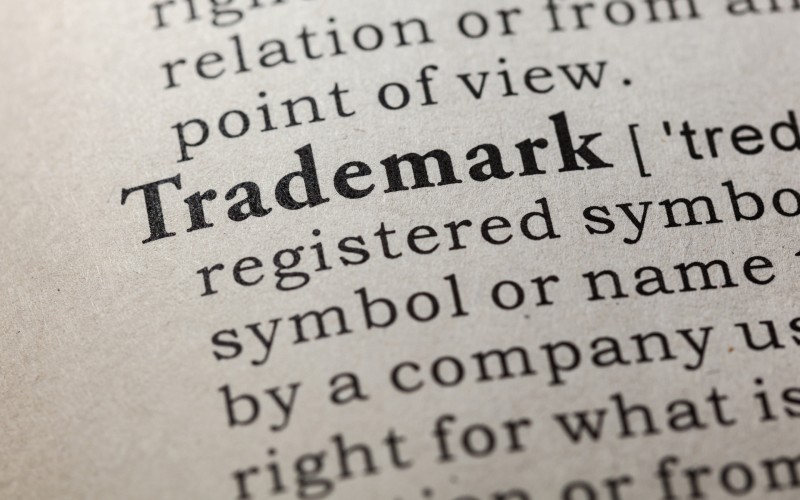
To pass the examination of the UK Intellectual Property Office (UKIPO) and have a trade mark application published in the UK Trade Marks Journal, there are certain dos and don’ts that a party must follow. The two-month opposition period, during which third parties can object to the registration of your trade mark, may seem like the tricky part, but you may not even get there as the UKIPO has lots of different reasons to choose from in the Trade Marks Act 1994 to reject your application at the first hurdle.
Non-distinctive and descriptive marks
A trade mark’s function is to differentiate your brand and the goods and services that you offer from another brand. For this reason, a trade mark needs to be distinctive, and it cannot simply be descriptive of the goods and services that you offer. Examples that help to illustrate this are that an application to register ‘The Glasgow Whisky Co.’ for alcohol beverages has been rejected by the IPO examiners, along with an application for ‘Vivid Clothing’ for clothing.
Prior to applying for your trade mark, you must consider to what extent your trade mark is simply describing the goods or services offered, and what can you add to the mark to increase the distinctiveness and unique character.
There are of course several registered trade marks that are descriptive on the face of it, such as “University of Dundee” for educational services, or “Edinburgh Gin” for alcoholic beverages. The IPO is able to accept a descriptive trade mark for publication if a trade mark has acquired distinctiveness as a result of the use made of it. All is therefore not lost if your trade mark is descriptive, but be prepared to show that you have used your trade mark very extensively.
Offensive and deceptive trade marks
The UKIPO may reject an application on the grounds that a trade mark is:
- contrary to public policy or to accepted principles of morality; or
- of such a nature as to deceive the public (for instance as to the nature, quality or geographical origin of the goods or service).
An application that makes reference to something illegal, like cocaine or a type of assault rifle, will likely be rejected. Although cocaine and assault rifles may not be offensive to some, they are objectively ‘contrary to public policy’, and the IPO must assess whether it is likely that the mark would cause upset in the public.
Deceptive trade marks are also not very innocent and would be rejected by the IPO. Fortunately, if the IPO considers that a mark represents the goods and services offered to be of a certain nature, quality or geographical origin, the opportunity will be given to the applicant to clarify exactly what the goods and services are, or where the goods originate from. As a Scottish firm, a restriction that we often see the IPO enforce is that a mark related to whisky that indicates that it is Scotch whisky being sold will be restricted as being ‘produced solely in Scotland’ or similar. When creating your brand, it is important to consider the impression you may be giving the public by using certain words or images, and how related they are to your product or service.
Applications made in bad faith
An application that is made in bad faith will not be accepted for publication. Although the IPO will consider an applicant ‘innocent until proven guilty’, i.e., that an application has been made in good faith, if the IPO examiner finds evidence that indicates that the applicant is acting in bad faith, then the applicant will be informed of this and given an opportunity to explain themselves.
This rejection reason usually applies if there has been “trade mark squatting”. This refers to the phenomenon of when a party acquires trade marks without a genuine intention to use them themselves, but rather to sell or licence them to the legitimate owners, or to commercially gain from the legitimate owners mark in the future. While it could be considered flattering, ensuring that you have registered your trade mark before or during your brand’s success will stop this from happening to you.
Specially protected emblems
A trade mark application will be rejected if it leads a person to think that the applicant has had Royal patronage or authorisation, and it will also be rejected if it contains the Union Jack or any other flag of the UK. An application to register “Queen Elizabeth spaniels” for dogs was previously rejected by the IPO, perhaps on the basis that permission had not been granted by Queen Elizabeth herself for this application.
Conclusion
The UK Trade Mark Register exists to help protect your brand, and so the IPO must ensure that the trade marks that are published meet the minimum requirements. This is not an exhaustive list of the IPO’s potential reasons for refusal, and the IPO is not entirely uniform in their application of the rules, however sometimes a trade mark application simply needs a few tweaks to pass through the IPO’s examination process. Those tweaks can usually be predicted by a trade mark attorney or lawyer.
If you require advice on a potential trade mark application, or if you require any other trade mark assistance, please contact our Trade Mark team on 03330 430350.